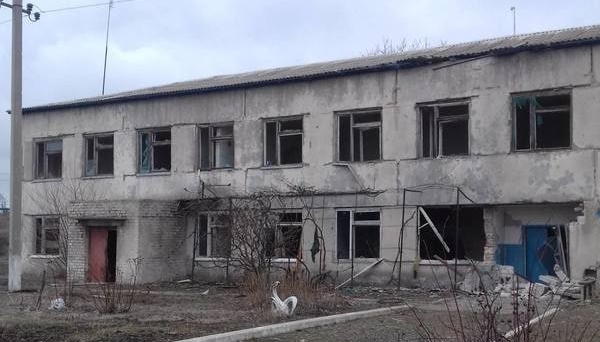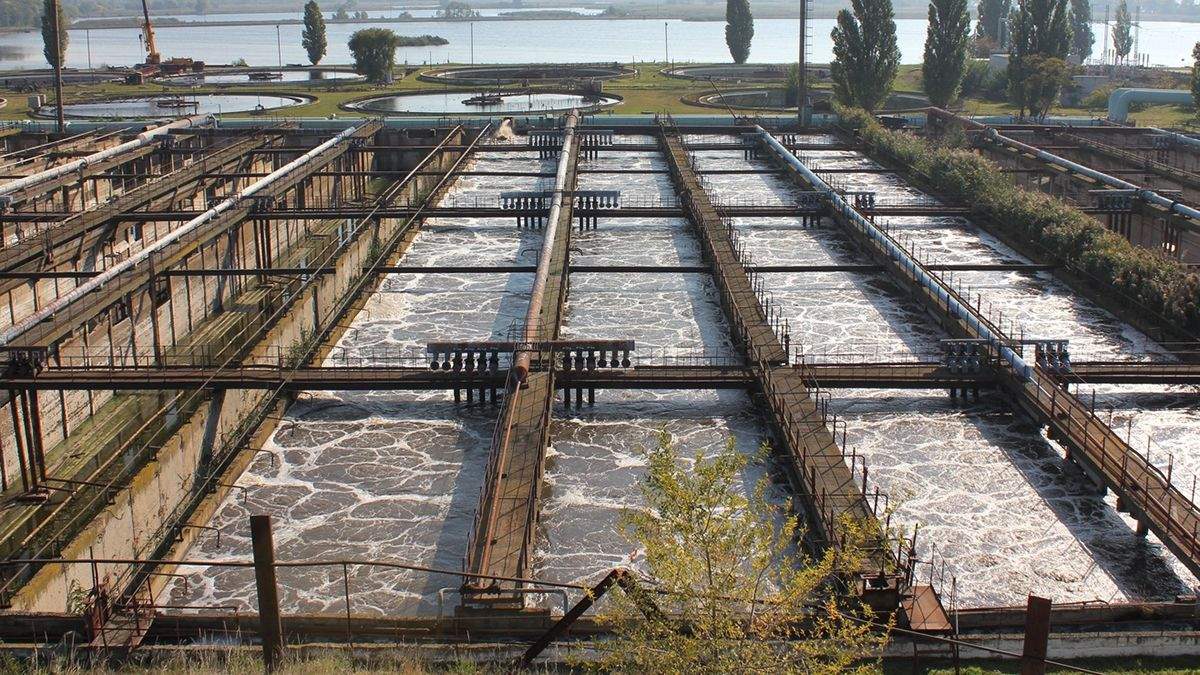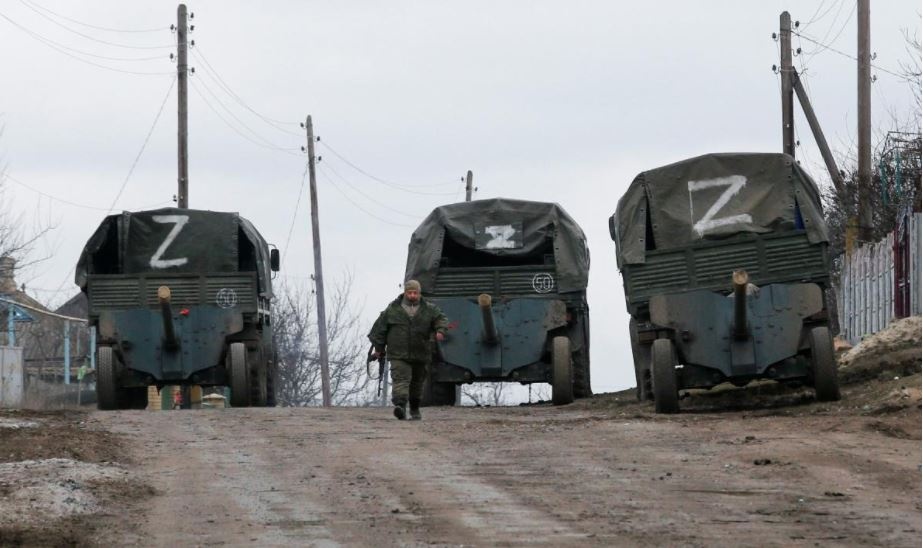
Problems
Wastewater treatment facilities in Vasylivka were broken
Another village in the Zaporizhzhya region may turn into another waste hotspot due to military actions on the territory of Ukraine. In the Zaporizhzhya region, Russian occupants shelled the wastewater treatment facilities of the Vasylivka water supply and sewage operation in the village of Verkhnyaya Krynitsa, according to news reports by the head of the Zaporizhzhya regional state administration, Oleksandr Starukh. Thus, several important facilities were destroyed due to the shelling of Russian troops. In addition to the destruction of the administration building, the power supply line was also damaged. The building of sewage pumping station No. 1, which supplies wastewater from the city of Vasilievka to the sewage treatment plant, was also destroyed. Return water from the city now flows into the Dnieper without any treatment. Pollutants entering natural waters cause changes in the physical properties of the environment. These include: - violation of the original transparency and coloring, the appearance of unpleasant odors and flavors, etc.; - changes in the chemical composition, in particular, the appearance of harmful substances in it; - the appearance of floating substances on the water surface and sediments on the bottom; - reduction in the amount of dissolved oxygen in the water due to its consumption for oxidation of organic pollutants entering the water - the emergence of new bacteria, including pathogenic bacteria. The consequences of pollution are dangerous, first of all, for all living inhabitants of the river. The primary critical disturbances in the functioning of living organisms under the influence of pollutants occur at the level of biological effects. After changes in the chemical composition of cells, respiration, growth, and reproduction of organisms are disrupted, mutations and carcinogenesis are possible, and movement and orientation in the aquatic environment are impaired. Pollutants flowing into rivers, lakes, reservoirs, and seas make significant changes in the established regime and disturb the equilibrium state of aquatic ecological systems. As a result of processes of transformation of pollutants of water bodies, proceeding under the influence of natural factors, there is a full or partial restoration of their original properties in water sources. At the same time, secondary products of the decomposition of pollutants may be formed, which negatively influence water quality. Aquatic pathogens in the form of pathogenic bacteria and viruses from humans and animals are the main cause of disease from contaminated drinking water. The most dangerous diseases resulting from drinking contaminated water are cholera and typhoid fever. Even in developed countries, accidental or illegal discharges from sewage treatment plants and runoff from farms and urban areas result in harmful pathogens in the surface and groundwater. Another danger is water contaminated with heavy metals, substances such as lead, mercury, and arsenic can be the cause of various health problems. The situation is aggravated by the most serious water pollution by pesticides and nitrate fertilizers. Once these substances enter the body, they begin to wreak havoc, causing a wide range of illnesses from cancer to hormone disruption and changes in brain function. Starukh noted that even with the restoration of the power supply the operation of sewage treatment plants is impossible. The only way to prevent the consequences of wastewater discharge into the Dnieper River is the capital restoration of structures and equipment of the sewage pumping station №1. However, it is not possible to do this yet, as there is no access to the damaged facilities. After clearing the adjacent areas, repair work will be carried out, says Alexander Starukh.
Gallery
3Timelines
2022
April 15
On April 15, the occupants again shelled sewage treatment plants in Vasilievka, Zaporizhzhia region. This was reported by the press service of the regional military administration. According to the director general of the regional "Oblvodokanal" Sergey Basansky, it is not yet possible to assess the full extent of the losses, as there is no organized access to conduct an inspection. According to available information, all the approaches to the object are mined. As a result of the shelling, the administrative building where the laboratory was located was destroyed. The main facilities and wastewater treatment equipment survived. There is also a problem with the power supply at the pumping station.
March 14
On March 14, Russian occupation forces shelled settlements in the Vasilyevsky district of the Zaporizhzhya region. As a result, sewage treatment facilities were destroyed, according to Oleksandr Starukh, head of the Zaporizhzhya regional military administration. At the moment the consequences of the accident are unknown, but untreated water enters the Dnieper River and is carried with the current to the south of the country. There is no access to the damaged treatment facilities yet.

